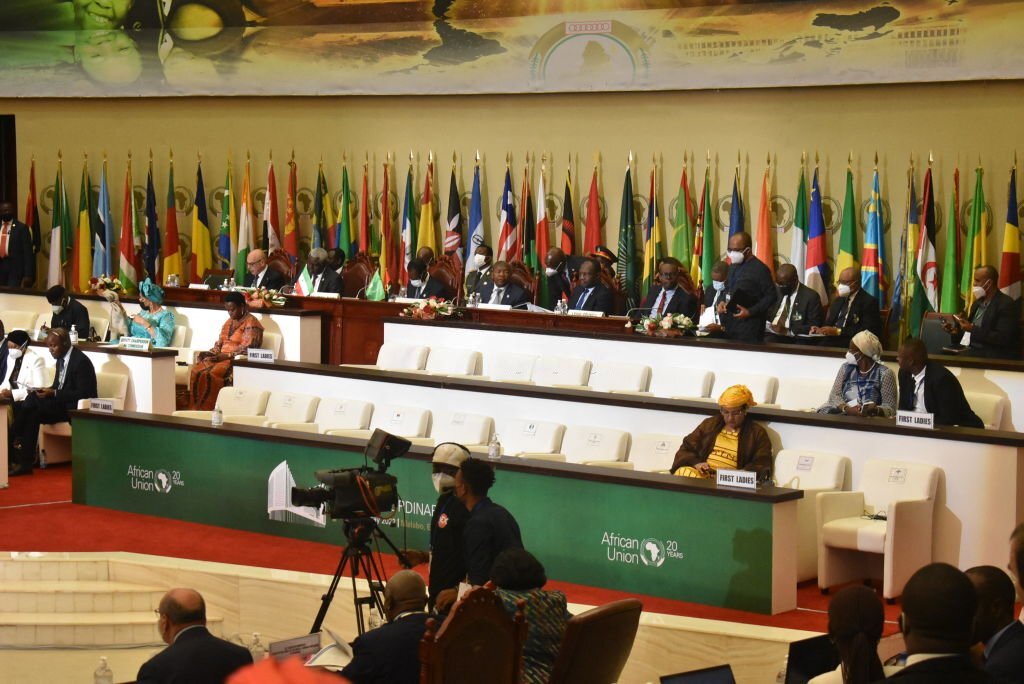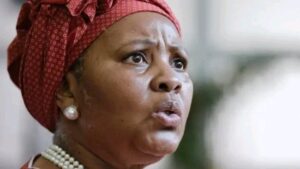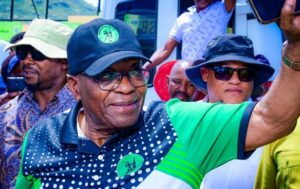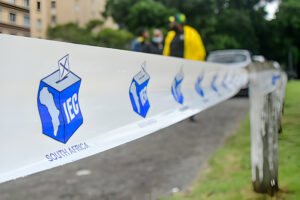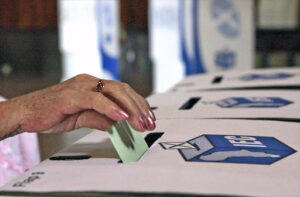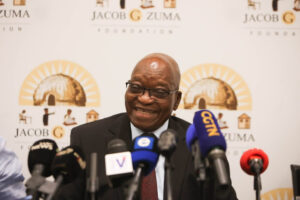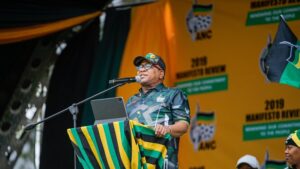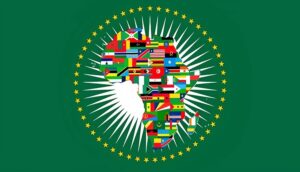The African Union (AU) took decisive action on 31 August, suspending Gabon’s membership. This move came a day after military officers in Gabon ousted President Ali Bongo, marking the eighth coup in West and Central Africa since 2020.
End of the Bongo Dynasty
The sudden power shift in Gabon concludes the Bongo family’s nearly 60-year reign. This latest coup adds to the growing list of political upheavals in the region, a trend Nigerian President Bola Tinubu describes as a “contagion of autocracy.”
“My fear has been confirmed in Gabon that copycats will start doing the same thing until it is stopped,” said Tinubu, who also chairs the Economic Community of West African States (ECOWAS).
International Reactions and Regional Implications
The AU’s Peace and Security Council responded swiftly, barring Gabon from participating in its activities, organs, and institutions. This suspension will remain in effect until the nation’s constitutional order is reinstated.
Central Africa’s political bloc, which counts Gabon as a member, expressed its condemnation of the coup. The bloc announced plans for an “imminent” meeting of state heads to discuss the situation, though a specific date remains undisclosed.
The Election Controversy
The military coup was announced shortly after an election body declared President Bongo the victor of a third term in the recent vote. The military junta declared this election result invalid, dissolved state institutions, and sealed the nation’s borders.
A video surfaced later, showing a seemingly disoriented Bongo in his residence, appealing to international allies for assistance.
Gabon’s primary opposition group, Alternance 2023, expressed gratitude to the junta for ending the Bongo family’s prolonged rule. However, Mike Jocktane, a representative of the group, urged the coup leaders to complete what he described as an unfinished vote count. He claimed that a comprehensive tally would reveal the main opposition candidate, Albert Ondo Ossa, as the true winner, despite official results indicating otherwise.
“The opposition is willing to hold talks with the junta to avoid a future for our country even darker than the one we have been spared,” Jocktane stated.
Current State of Affairs in Gabon
The junta announced the resumption of domestic flights and the restoration of some state institutions, such as the Constitutional Court. However, both land and air borders remain closed, leading to significant disruptions. For instance, at Gabon’s border with southern Cameroon, long queues of vehicles were reported, with some travellers resorting to hanging laundry between vehicles during the wait.
The recent coup in Gabon mirrors similar events in Mali, Guinea, Burkina Faso, Chad, and Niger. These coups have reversed democratic progress achieved since the 1990s, highlighting the challenges African powers face in restoring order once the military assumes control.
Despite international pressures, many military leaders in the region have managed to retain power, with some even garnering public support. In Gabon’s capital, Libreville, hundreds celebrated the coup, though the atmosphere was more subdued the following day.
International Concerns
President Bongo’s popularity had dwindled over allegations of corruption, questionable elections, and perceived mismanagement of Gabon’s natural resources. He assumed power in 2009, succeeding his father, Omar Bongo, who had been in power since 1967.
Several countries, including France, the United States, Canada, and Britain, have voiced their concerns about the coup. However, direct calls for Bongo’s reinstatement have been notably absent.
The European Union’s foreign policy chief, Josep Borrell, pointed out election irregularities and emphasized the EU’s stance against power seizures through force. Concerns about the election’s transparency were further exacerbated by the absence of international observers, suspension of certain foreign broadcasts, and post-election restrictions such as internet service cuts and night curfews.

